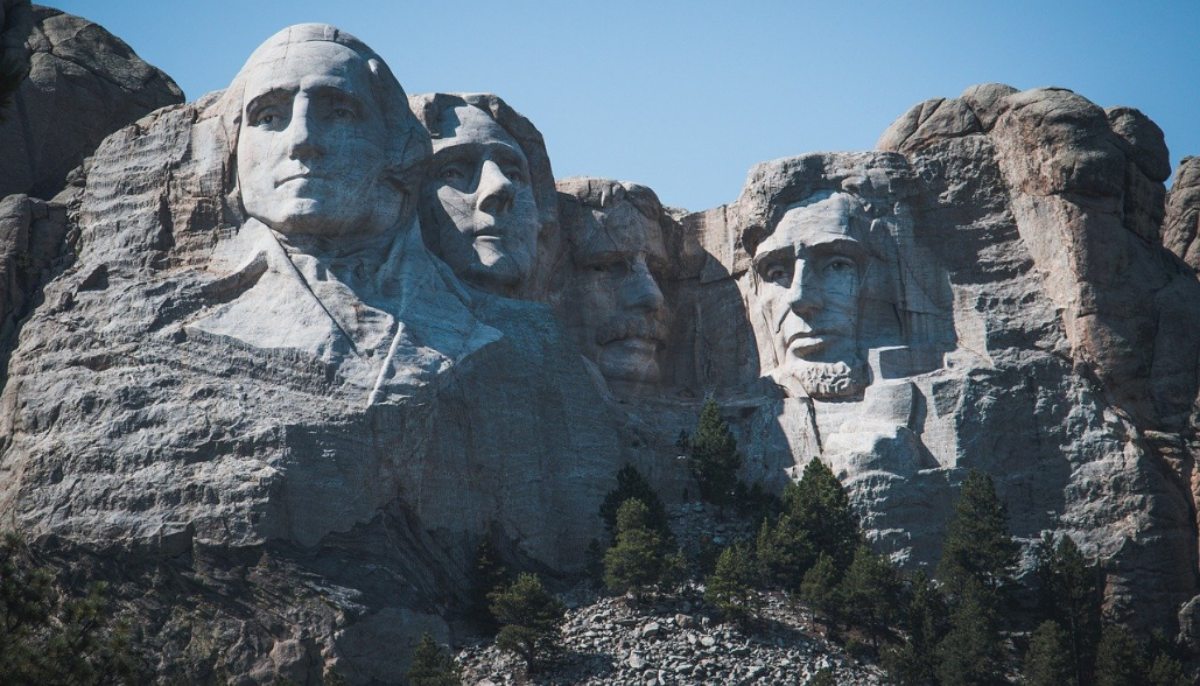As Presidents’ Day is celebrated in the United States, it prompts speculation about whether previous leaders of the country would have been interested in Bitcoin (BTC).
While the current President Joe Biden and his predecessor Donald Trump have shown skepticism towards cryptocurrency, there are historians who believe that some former presidents may have embraced it.
Luke Nichter, a presidential history expert from Chapman University, identified three names from earlier eras who could have been open to Bitcoin.
Three US Presidents Most Likely Bought Bitcoin
Nichter clarified that he doesn’t believe any US president would have recognized Bitcoin as an official currency, as introducing a new form of money is typically met with resistance from those in power.
However, he identified presidents who, due to their perspectives and tendencies, might have been more tolerant towards Bitcoin and even invested in it themselves.
The first president on the list was Andrew Jackson, the seventh president who served from 1829 to 1837.
Jackson was known for his populist approach and his disdain for the financial elites of his time.
His opposition to the early version of the Federal Reserve suggests that he might have sympathized with those who shared similar views, such as Bitcoin enthusiasts who challenged the existing financial system.
Richard Nixon, the 37th president, was the next name mentioned by Nichter.
Nixon’s decision to take the United States off the gold standard in 1971 showcased his willingness to challenge conventional currency systems.
This unconventional move suggests that Nixon might have been open to exploring alternative forms of currency, including cryptocurrencies.
Additionally, his own paranoid disposition aligns with the mindset often associated with Bitcoin enthusiasts.
Thomas Jefferson Could Have Purchased BTC
Thomas Jefferson, the founding-era president who served from 1801 to 1809, was also identified as a potential Bitcoin supporter.
Jefferson’s vision for America emphasized decentralization and agrarian values, contrasting with Alexander Hamilton’s industrialized vision.
Jefferson’s reputation as an experimentalist and his curiosity about various subjects make it plausible to imagine him exploring the world of cryptocurrencies out of sheer curiosity.
In addition, when asked about presidents who would have opposed Bitcoin, Nichter pointed out Franklin Delano Roosevelt and Woodrow Wilson, both serving as presidents in the first half of the 20th century.
These leaders favored central planning and were preoccupied with addressing plots and conspiracies during their wartime presidencies.
It is likely that they would have viewed Bitcoin and its proponents as potential threats to the nation.
It is worth noting that Biden has recently published a laser-eyed post on his X and Instagram accounts, which intrigued the crypto community.
“Just like we drew it up,” the image was captioned.
Biden’s post follows the Kansas City Chiefs’ victory over the San Francisco 49ers in the Super Bowl, winning their third title in five years.
Just like we drew it up. pic.twitter.com/9NBvc5nVZE
— Joe Biden (@JoeBiden) February 12, 2024
Biden himself hasn’t directly expressed personal support for cryptocurrencies.
However, his administration has initiated efforts to regulate and explore digital assets and central bank digital currencies.
